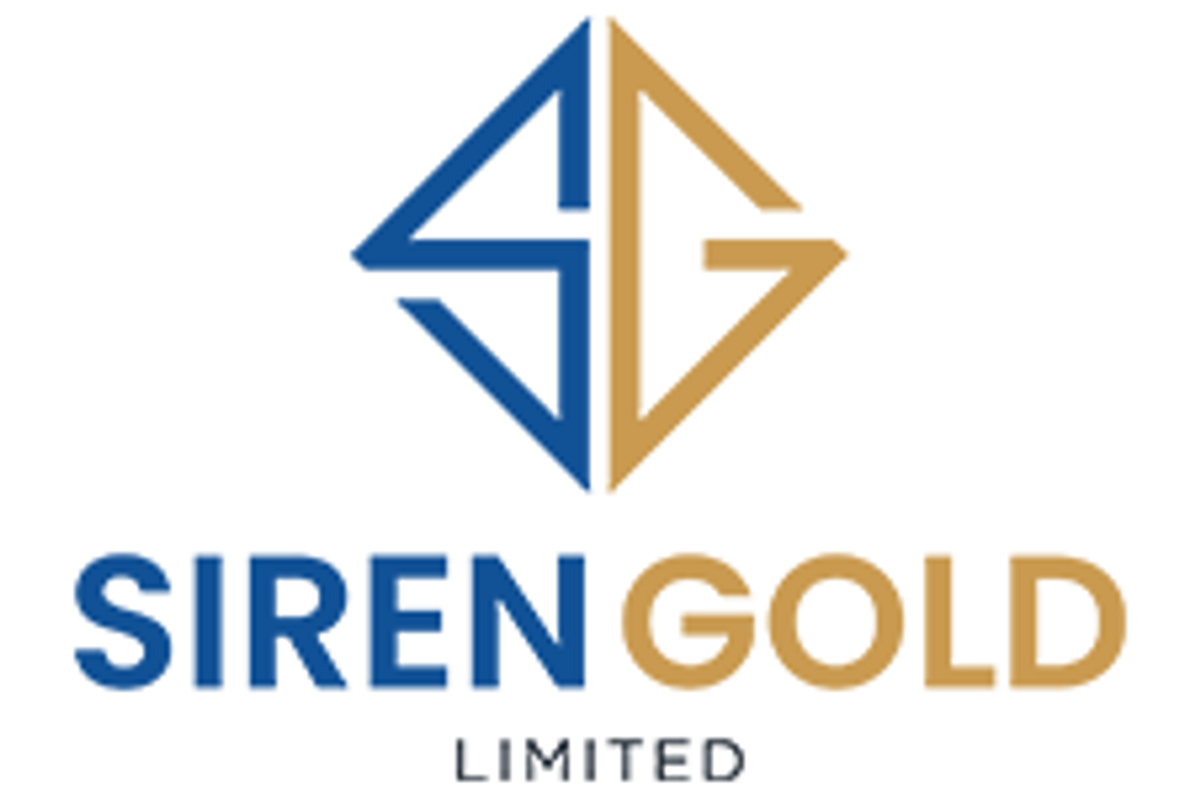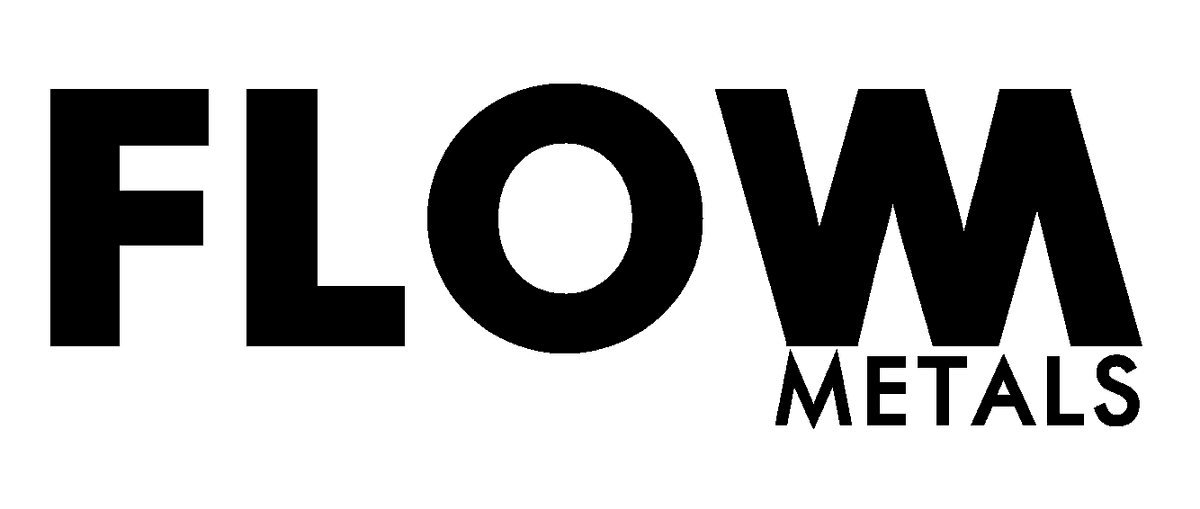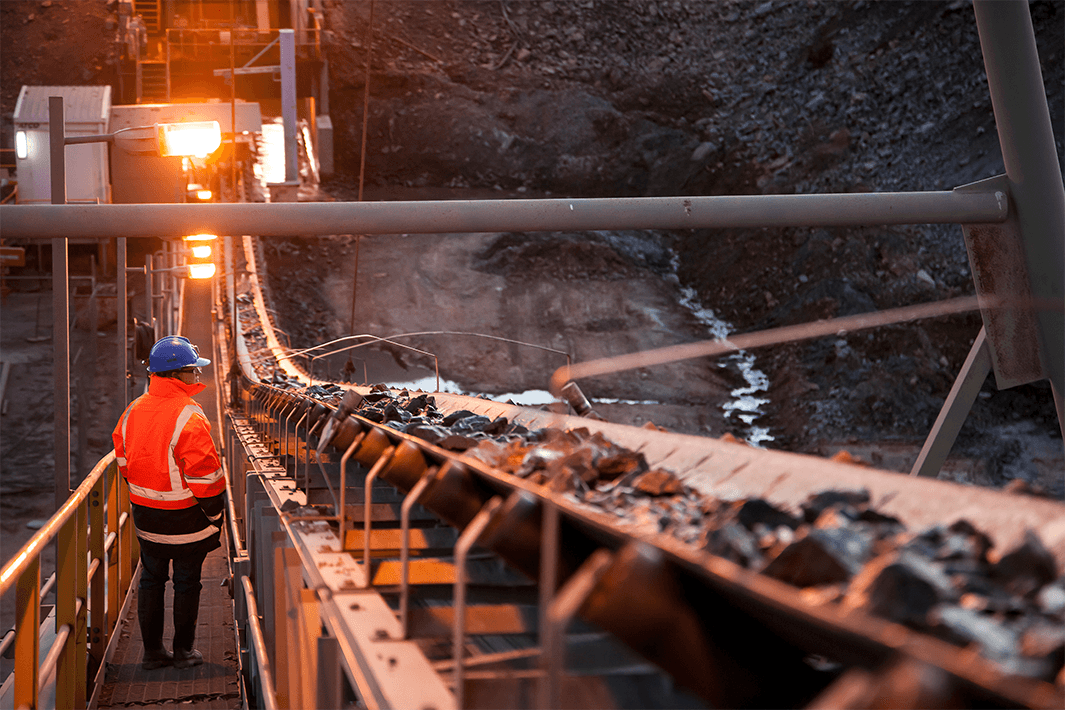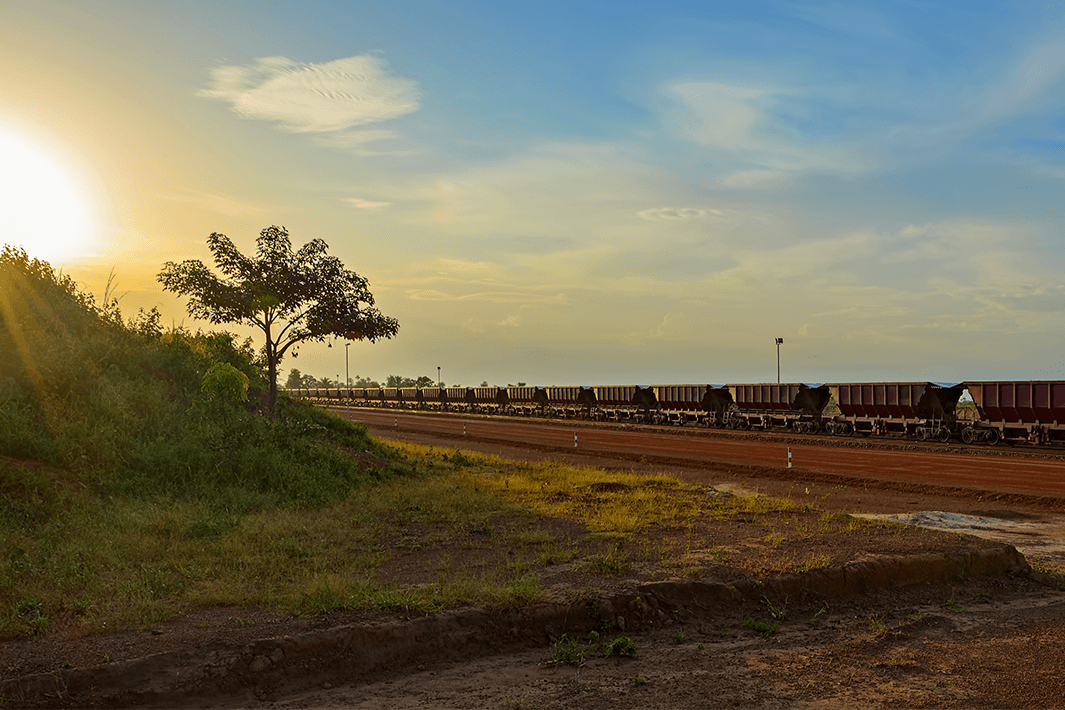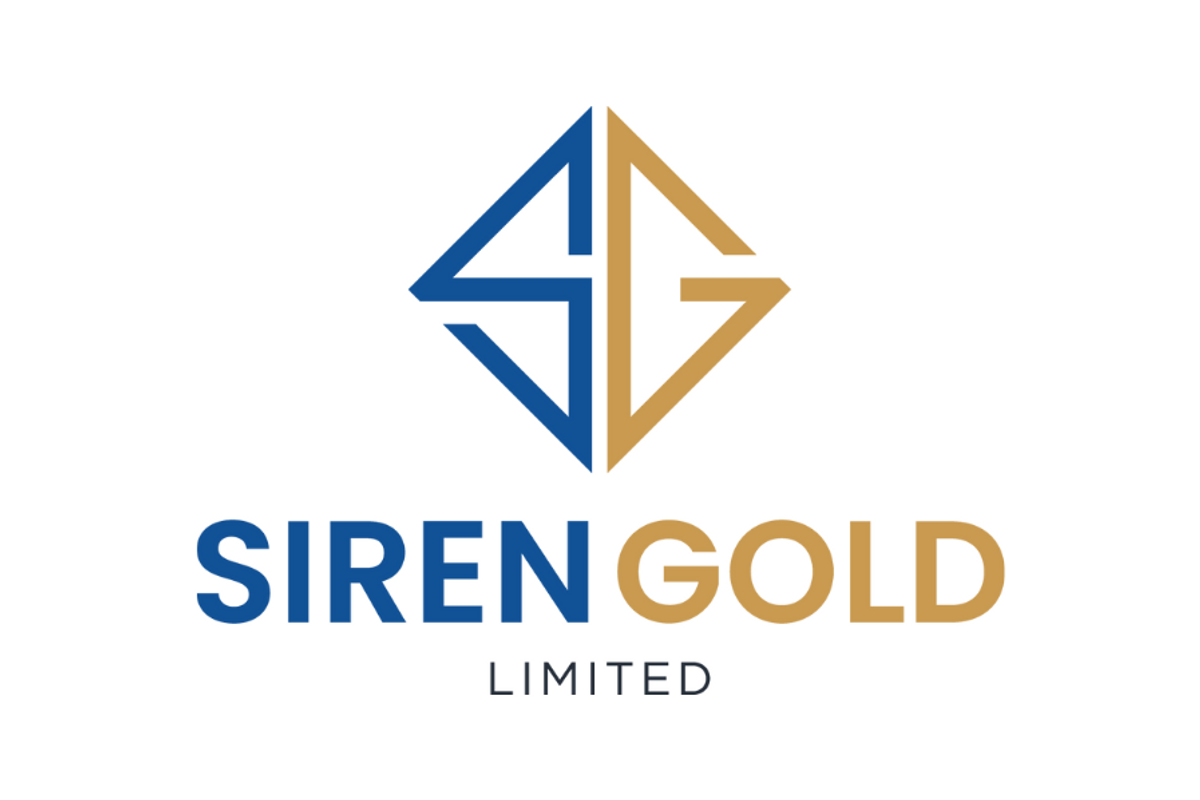
September 07, 2023
Description
The securities of Siren Gold Limited (‘SNG’) will be placed in trading halt at the request of SNG, pending it releasing an announcement. Unless ASX decides otherwise, the securities will remain in trading halt until the earlier of the commencement of normal trading on Tuesday, 12 September 2023 or when the announcement is released to the market.
Issued by
Shane Falconer
Adviser, Listings Compliance
Click here for the full ASX Release
This article includes content from Siren Gold, licensed for the purpose of publishing on Investing News Australia. This article does not constitute financial product advice. It is your responsibility to perform proper due diligence before acting upon any information provided here. Please refer to our full disclaimer here.
SNG:AU
The Conversation (0)
18 March 2024
Siren Gold
Exploring Highly Prospective Gold Assets in A Historic New Zealand Mining District
Exploring Highly Prospective Gold Assets in A Historic New Zealand Mining District Keep Reading...
5h
Flow Metals to Acquire the Monster IOCG Project in Yukon
Flow Metals Corp. (CSE: FWM) ("Flow Metals" or the "Company") is pleased to report that it has entered into an option agreement dated February 9, 2026 (the "Option Agreement") with Go Metals Corp. ("Go Metals") to acquire the Monster IOCG project (the "Monster Project"), located approximately 90... Keep Reading...
17h
Investor Presentation
Aurum Resources (AUE:AU) has announced Investor PresentationDownload the PDF here. Keep Reading...
18h
Dr. Adam Trexler: Physical Gold Market Broken, Crisis Unfolding Now
Dr. Adam Trexler, founder and president of Valaurum, shares his thoughts on gold, identifying a key issue he sees developing in the physical market. "There's a crisis in the physical gold market," he said, explaining that sector participants need to figure out how to serve investors who want to... Keep Reading...
18h
Trevor Hall: Bull Markets Don’t Always Mean Big Returns
Clear Commodity Network CEO and Mining Stock Daily host Trevor Hall opened his talk at the Vancouver Resource Investment Conference (VRIC) with a strong message: It is still possible to go broke in a bull market.“I want to start with the simple but uncomfortable truth: most investors don't lose... Keep Reading...
19h
How Near-term Production is Changing the Junior Gold Exploration Model
Junior gold companies have traditionally been defined by exploration: identifying prospective ground, drilling to delineate a resource and, ideally, monetising that discovery through a sale or joint venture with a larger producer. While this model has delivered success in the past, changing... Keep Reading...
19h
Gold Exploration in Guinea: An Emerging Opportunity in West Africa
While much of West Africa’s gold exploration spotlight has historically fallen on countries like Ghana and Mali, Guinea is increasingly emerging as a quiet outlier — a country with proven gold endowment, expansive underexplored terrain and a growing number of active exploration programs. Despite... Keep Reading...
Latest News
Interactive Chart
Latest Press Releases
Related News
TOP STOCKS
American Battery4.030.24
Aion Therapeutic0.10-0.01
Cybin Corp2.140.00
